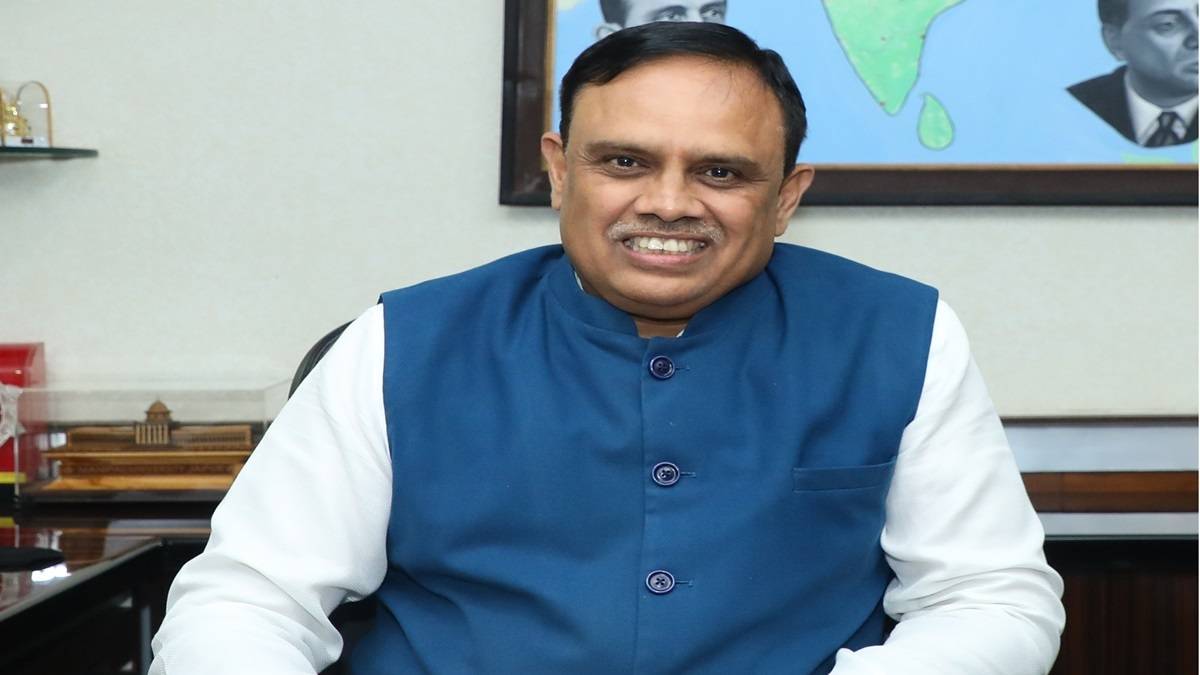4-year B.Tech not mandatory, Degree should be awarded after 3 years with 160 credits, says AICTE Chairman
Dr. T. G. Sitharam said that under AICTE’s model curriculum, 160 credits are the benchmark for B.Tech degree. The chairman argued that if students complete this requirement in three years, they should be awarded the degree without waiting for the fourth year.
The All India Council for Technical Education (AICTE) Chairman has said that engineering students should be allowed to graduate in three years if they complete the required 160 credits, instead of being compelled to undergo a four-year B.Tech programme.
Speaking at the STARS Conclave 2025, he argued for modular and flexible higher education. “The four-year B.Tech should not be mandatory. If a student completes 160 credits in three years, he or she should be awarded the degree. Education should create pathways for slow, fast, and quick learners alike,” he said.

The AICTE chief also stressed the need to rethink examinations in the age of Artificial Intelligence. Referring to PARAKH (Performance Assessment, Review, and Analysis of Knowledge for Holistic Development), he said rote-based evaluation is no longer sufficient. “You cannot give the same old question bank and ask students not to use AI. Assessments must shift towards practical and descriptive problem solving,” he said.
Highlighting the importance of education-to-employment links, he pointed to unrest in neighbouring countries as a warning. “Employability today depends on continuous learning, adaptability, and the ability to work alongside intelligent systems. Our youth are smart and confident, but they need the right direction,” he said.
He added that India has democratised engineering education, with colleges spread across the country, from the Andaman and Nicobar Islands to Lakshadweep. “We produce 1.5 million engineers annually, of which only 1–1.5% are from IITs and NITs. The rest come from state and private colleges, and many are driving startups and innovation. That is India’s real strength,” he noted.
Read More:
The age limit to apply for JEE Advanced 2026 is:
- Candidate should be born on or after October 1, 2001.
- Age relaxation of five years is given to SC, ST and PwD candidates.
Follow Shiksha.com for latest education news in detail on Exam Results, Dates, Admit Cards, & Schedules, Colleges & Universities news related to Admissions & Courses, Board exams, Scholarships, Careers, Education Events, New education policies & Regulations.
To get in touch with Shiksha news team, please write to us at news@shiksha.com

Abhay Anand is an experienced education journalist with over 15 years in print and digital media. Currently serving as Manager- Editorial at Shiksha.com, he specializes in higher education policy, student mobility,
Read Full Bio
No minimum percentage is required to appear in JEE Mains exam as per NTA. In some various institutes, there is a creiteria for class 12 minimum percentage for admission. For example, IITs and NITs need minimum 75% marks in class 12 for BTech courses.